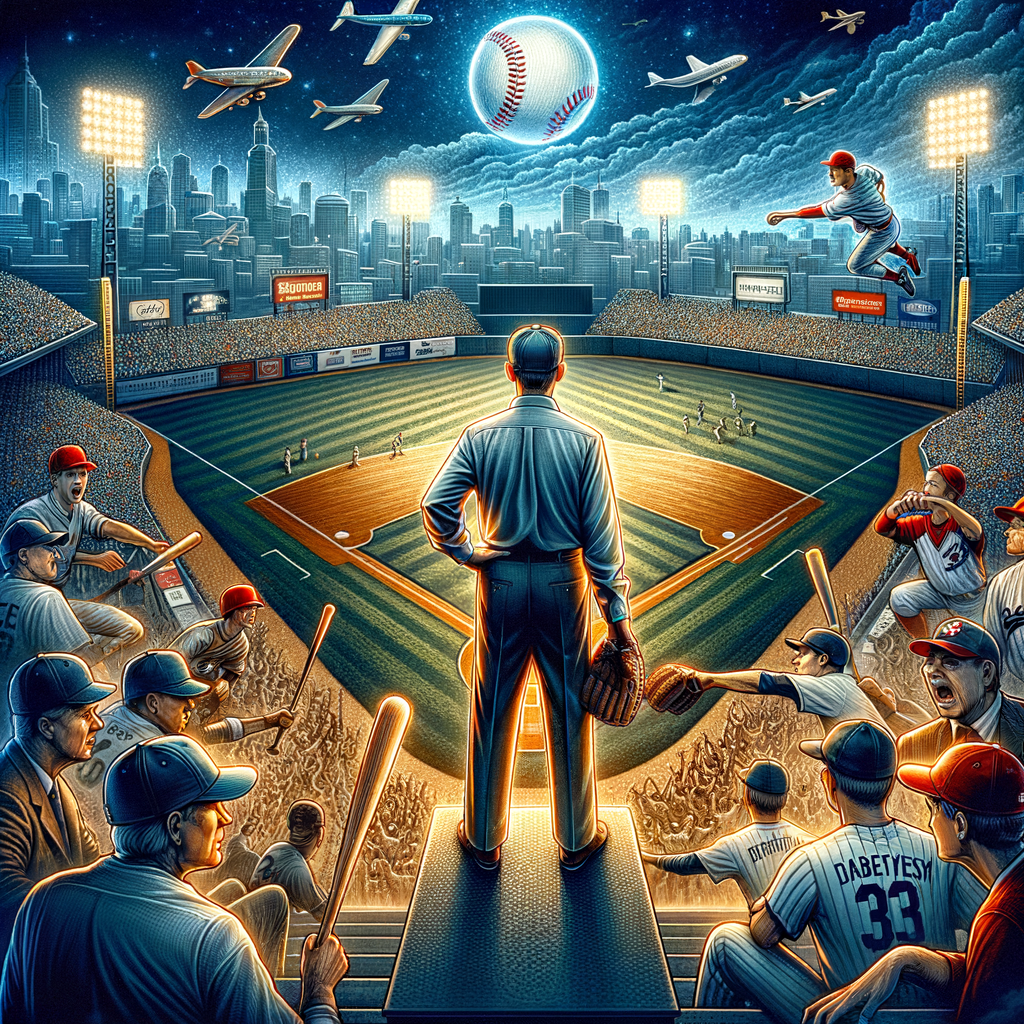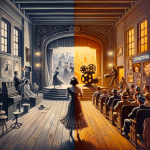Now Reading: The Unforgettable History of David Peel: A Brooklyn Music Icon
-
01
The Unforgettable History of David Peel: A Brooklyn Music Icon
The Unforgettable History of David Peel: A Brooklyn Music Icon

The Unforgettable History of David Peel: A Brooklyn Music Icon
Born David Michael Rosario in Brooklyn, New York, David Peel emerged as a notable figure in the music scene, especially during the vibrant cultural landscape of the 1960s and 1970s. His journey is not just one of a musician but a tapestry woven with the threads of counterculture, social activism, and artistic expression.
Peel grew up in Midwood, and served two years in the Army, which stationed him in Alaska. A fellow serviceman from New York excited him with tales of the developing folk scene in Greenwich Village, and after completing his military service he made his way to the neighborhood.
In 1968, Peel was contracted by Elektra Records when he was first discovered and recorded two “envelope pushers” for the label. His album Have a Marijuana peaked at No. 186 on the Billboard chart.
Early Life and Influences
Peel’s early years significantly influenced his artistic outlook. Growing up in Brooklyn, he was exposed to diverse music genres:
- Folk Music
- Rock ‘n’ Roll
- Blues
These influences would eventually converge in his unique sound that described the raw and gritty essence of life in urban America. He became known for his protest songs which often highlighted socio-political issues, resonating deeply with the youth of the time.
Peel was rediscovered by John Lennon in 1971 as the early seventies continued its swing towards the youth revolution. Lennon befriended Peel when David was playing with his ragtag hippie band in New York’s Washington Square Park in Greenwich Village. Lennon produced The Pope Smokes Dope for Peel. This album was banned in many countries and since has been sought after by collectors worldwide.
Peel appeared with John Lennon at the John Sinclair Freedom Rally in Ann Arbor, Michigan on 12.10.1971, later released as a documentary film called “Ten for Two”. On 1.23.1972, Peel and his band performed live on the David Frost Show with Lennon, Yoko Ono and Jerry Rubin. This was Lennon’s first live appearance on U.S. TV as a solo performer
Rise to Fame
David Peel’s rise to fame can be attributed to several key events:
- Formation of the New York Rock Ensemble: This group was pivotal in shaping Peel’s early career.
- Collaborations with Iconic Artists: His work with artists such as John Lennon only cemented his reputation.
- Major Albums: Albums like “The Pope Smokes Dope” garnered significant attention, with controversial and thought-provoking lyrics.
In the early-to-mid 1990’s, Peel was a mainstay on The Howard Stern Radio program, singing at his yearly live birthday shows, and he wrote “the official” song when Stern attempted to run for Governor, the song titled (and the chorus stating) “Howard Stern for Governor,” repeated three times and finishing with, “For Governor of New York.” After Stern dropped out because of financial disclosure laws, Peel changed the “Stern” to “Pataki” for George Pataki since Stern was behind him.
Peel has appeared as himself in various films, including Please Stand By (1972), Rude Awakening (1989), High Times’ Potluck (2004) and The U.S. vs. John Lennon (2006).
In Jack Milton’s film Please Stand By, Peel portrays and stars as a media hippie revolutionary, who hijacks a network television van and jams the airwaves with unauthorized radical broadcasts to the nation.
Musical Style and Contributions
David Peel’s music is characterized by:
- Simple Chords: Often accompanied by straightforward guitar riffs.
- Lyrical Depth: His lyrics often tackled controversial socio-political themes.
He became a voice for the voiceless, bringing awareness to various issues such as drug legalization, poverty, and war. Examples of his impactful songs include:
- “The Pope Smokes Dope”
- “I Like Marijuana”
- “We Are All God’s Children”
Discography
1968: Have a Marijuana — Peel’s Have a Marijuana album sleeve on display at the Hash, Marihuana & Hemp Museum in Amsterdam, The Netherlands
1970: The American Revolution
1972: The Pope Smokes Dope
1974: Santa Claus Rooftop Junkie
1976: An Evening with David Peel
1977: Bring Back the Beatles
1978: King of Punk
1979: “Junk Rock / I Hate You” (45 rpm single released under David Peel and Death)
1980: Death to Disco
1980: John Lennon for President
1982: Animal In Love[9]
1984: 1984
1986: Search to Destroy
1987: John Lennon Forever
1987: World War III
1993: Anarchy in New York City
1994: Battle for New York
1994: War and Anarchy
1995: Noiseville
1995: Up Against the Wall
2002: Legalize Marijuana
2002: Long Live the Grateful Dead
2002: Rock ‘n’ Roll Outlaw
2004: Jirokichi Live at Koenji
2008: Marijuana Christmas
2012: Anthology
2013: Up Against the Wall Street
2015: Give Hemp A Chance
Legacy and Impact
David Peel’s legacy extends beyond music. He influenced generations of musicians and activists, becoming a symbol of the counterculture movement. His fearless approach to controversial subjects opened doors for others to express their perspectives.
Final Thoughts
As we look back on David Peel’s life, it’s essential to recognize the importance of artists who challenge the status quo. They remind us that music is a powerful tool for change and a mirror reflecting society’s challenges.
Whether through humor or poignant commentary, David Peel’s work continues to inspire discussions about freedom, expression, and the role of art in society.
Stay Informed With the Latest & Most Important News
Previous Post
Next Post
-
 01Famous Writers from Brooklyn, New York
01Famous Writers from Brooklyn, New York -
 02A Comprehensive Look at Famous Novelists from Brooklyn, New York
02A Comprehensive Look at Famous Novelists from Brooklyn, New York -
 03The Impactful Journey of Donald Joel Aronow: A Boat Design Pioneer
03The Impactful Journey of Donald Joel Aronow: A Boat Design Pioneer -
 04A Scenic Journey: The Staten Island Ferry from Brooklyn to Manhattan
04A Scenic Journey: The Staten Island Ferry from Brooklyn to Manhattan -
 05Famous Sports Stars from Brooklyn, New York
05Famous Sports Stars from Brooklyn, New York -
 06A Look Back at the 1977 Brooklyn Blackout: Causes and Impacts
06A Look Back at the 1977 Brooklyn Blackout: Causes and Impacts -
 07A Comprehensive Look at Barry Manilow’s Brooklyn Roots
07A Comprehensive Look at Barry Manilow’s Brooklyn Roots
































